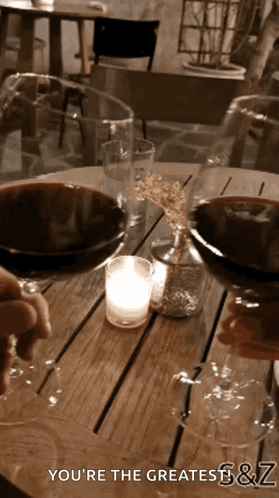The Yanomami (also Yąnomamö or Yanomama) are indigenous people who live in the Amazon rainforest in a region bordering Brazil and Venezuela. While perusing an article entitled A People at Risk: The Yanomami of Brazil, I came across an adapted transcription of a Yanomami Creation Myth recorded by Peter Gorman (1991). It's an intriguing and wonderful story as you likely heard in Part 1 of the video. It describes a world view with multiple universes that in some ways resemble those of other cultures that separate the realms of the living, the dead, and everything in between. It was the job of the shamans to connect and in some ways sustain these disparate but interconnected worlds, thus inviting helpful spirits who could cure illness and drive way trouble brought on by evil spirits.
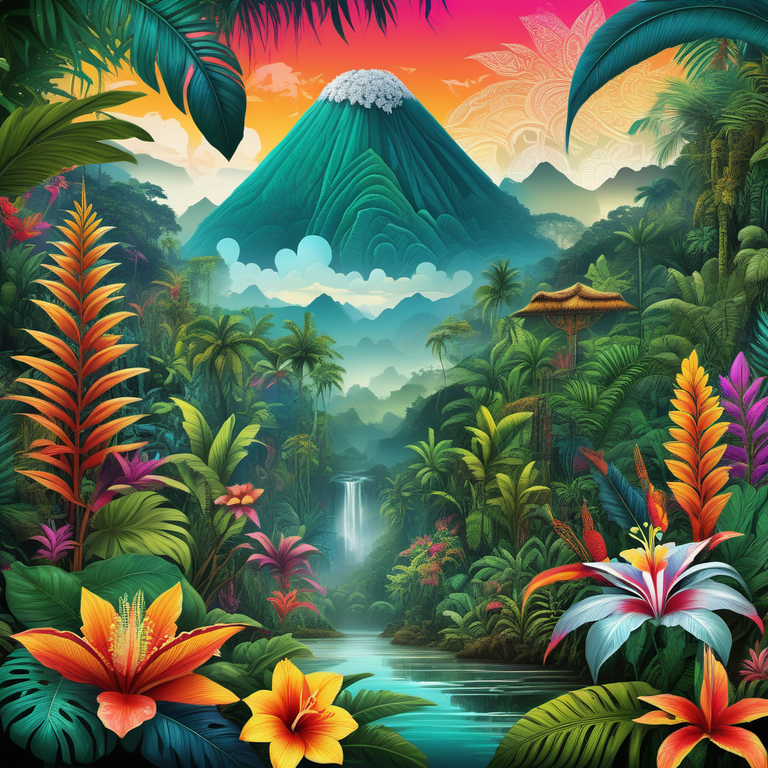
I used MS Clipchamp to create a voiced narration of the story adapted from Gorman (1991), along with images created using AI software (stable diffusion). These images were based on the words and images from the creation myth, spiced up with my own linguistic and technical trickery. It should be noted that the Yanomami have their own unique oral tradition and sometimes includes sounds, songs, gestures, and body poses that cannot be easily recreated in a digital medium. Additionally, the use of medicinal plants to get High Definition visuals of the stories has been documented formally and anecdotally. Making an audio recording is probably the least natural thing for members of the Yanomami community (at least in the old days), given that in some ways, the researcher's novel recording technology removed the participant from their natural cultural matrix. It's the old conundrum of the instrument affecting what gets measured. There's also the problem of translation from the original Yanomami language to English. Some concepts in the original language may not have their equivalent in English and vice versa. In spite of these limitations, this story is an amazing piece of knowledge from these ancient voices.
I came across a few challenges in creating the audio narration, but I think that one of the key challenges was pronunciation of Yanomami words as they appear in the written transcript. I'm fairly certain that the British voice of the software narrator does not pronounce Yanomami words correctly.
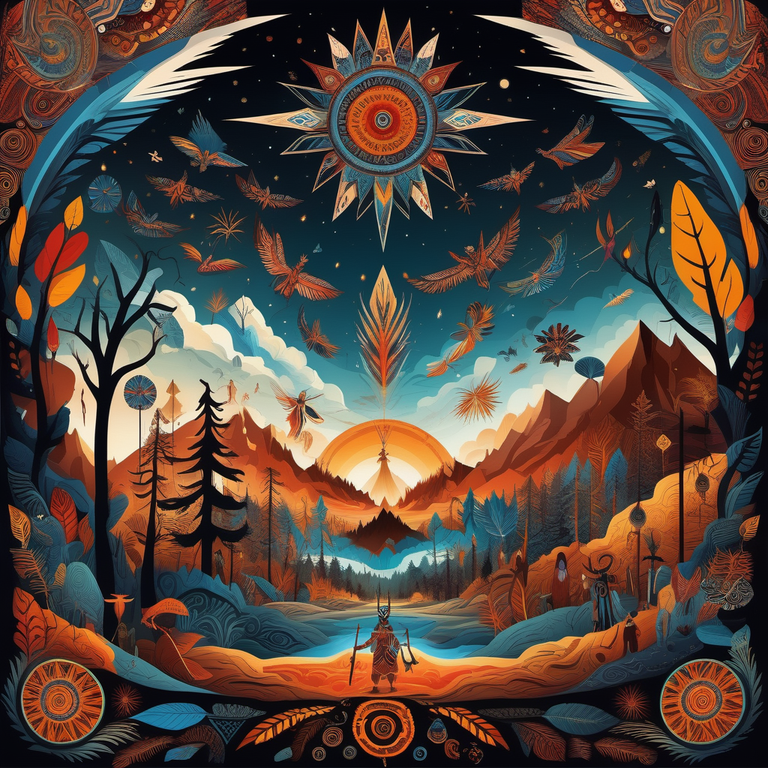
Part 2 of the video contains a podcast developed in Google's NotebookLM. I copied the text of the creation myth- word for word- into a notebook and generated the podcast with two hosts discussing the meaning of the Yanomami creation myth.
NotebookLM's summary of the story is as follows:
The Yanomami creation myth explains the origins of their world, its features, and their own existence. According to the myth, the world was formed when a great shaman’s spirit helpers ripped a hole in the sky, causing it to fall onto the earth, creating mountains and rivers. The Yanomami, who were hiding beneath the fallen sky, escaped through a hole made by a parrot and emerged into a new world. The myth states that the Yanomami transformed into animals, which explains the presence of meat for hunting. The story also describes the afterlife, "hedu ka misi," where departed souls reside, and the underworld, "hei ta bibi," inhabited by cannibal spirits. The myth ends by explaining that the Yanomami were created by Omama, who split open the trunk of a tall palm tree.
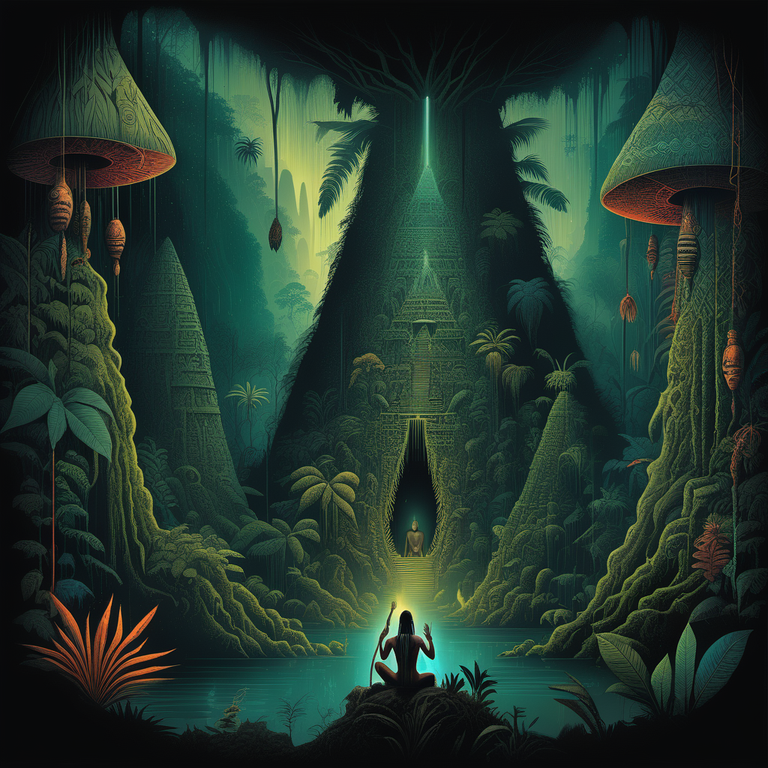
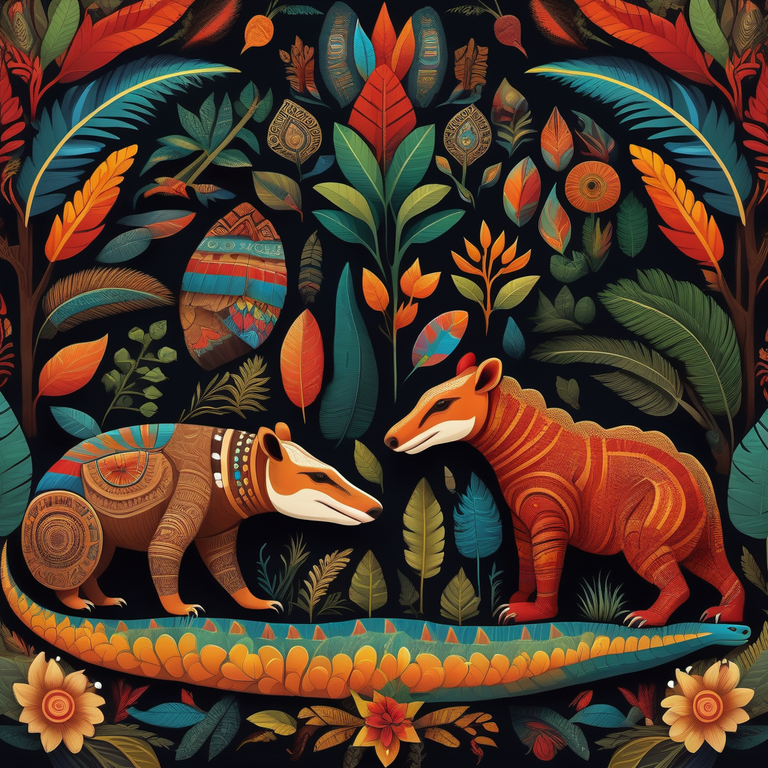
What I like about these digital tools is that they allow you to explore topics from multiple angles. The analysis is highly sophisticated and (barring a few audio hiccups) refined without being overly complex. In the podcast, the vocal utterances by the two "hosts" are hit and miss, but they're certainly lively and on point.
Analysis of ancient stories and myths is an important aspect of anthropological research. It can be studied from linguistic, artistic, religious, scientific, thematic, social, etc points of view. The discussion by the AI hosts is amazing, but it should be kept in mind that it likely does not adhere to the investigative processes and practices developed by anthropologists. So, this AI-generated podcast should not be viewed as any kind of final word on this rich and complex topic but perhaps as a beginning for further inquiry or contemplation.
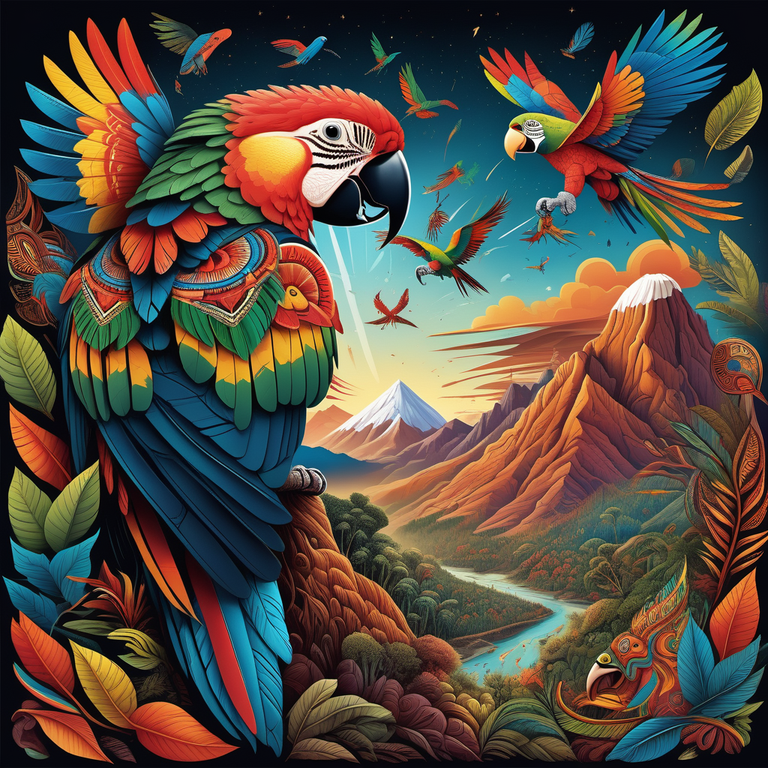
The Yanomami culture has changed because of internal pressures and those coming from the outside world, putting it in danger of disappearing altogether. This was the main topic of the article from which I adapted the recording. I hope that by creating this audio work, their voices continue to be heard and understood. At the end of the article, Gorman (1991) provides an anecdote that is very telling about the Yanomami world view.
Each time a shaman dies, the spirits within him are furious; they are liberated and they are extremely angry and begin to cut the feet of the sky. Only other shamans can contain this spirit and keep the sky on its feet. So if all the Yanomami shamans die, then soon the sky will end by falling on the heads of everyone, and not only the Yanomami but the whole of humanity will die.
(Gorman, 1991)
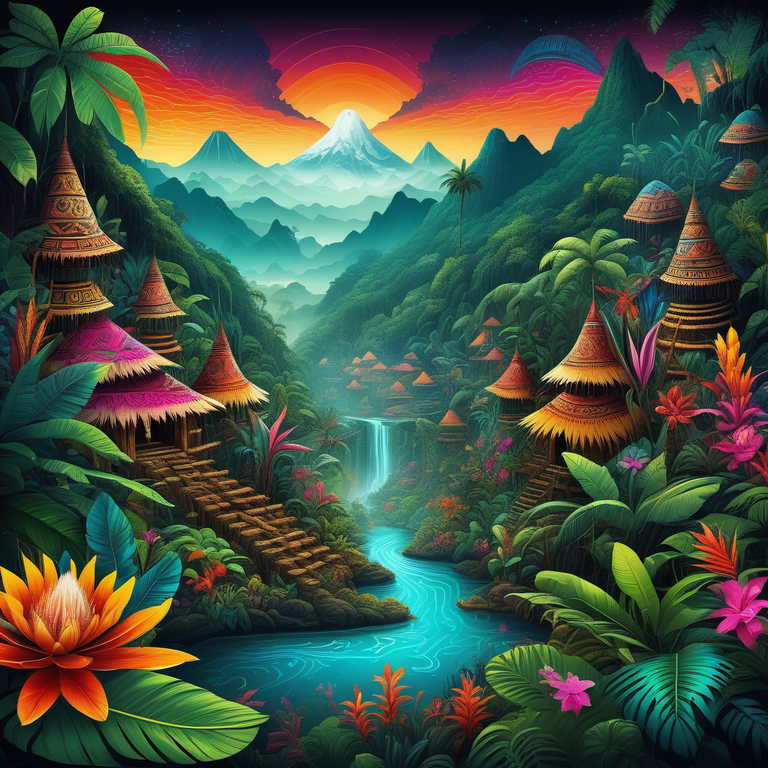
Resources
Gorman, Peter (1991). A People at Risk: The Yanomami of Brazil. The World & I, November 1991, pp. 670-681.
Wikipedia page on the Yanomami (2024)
 | 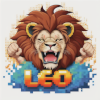 |  |  |
|---|---|---|---|
| X | InLeo | NFT Showroom |
▶️ 3Speak

